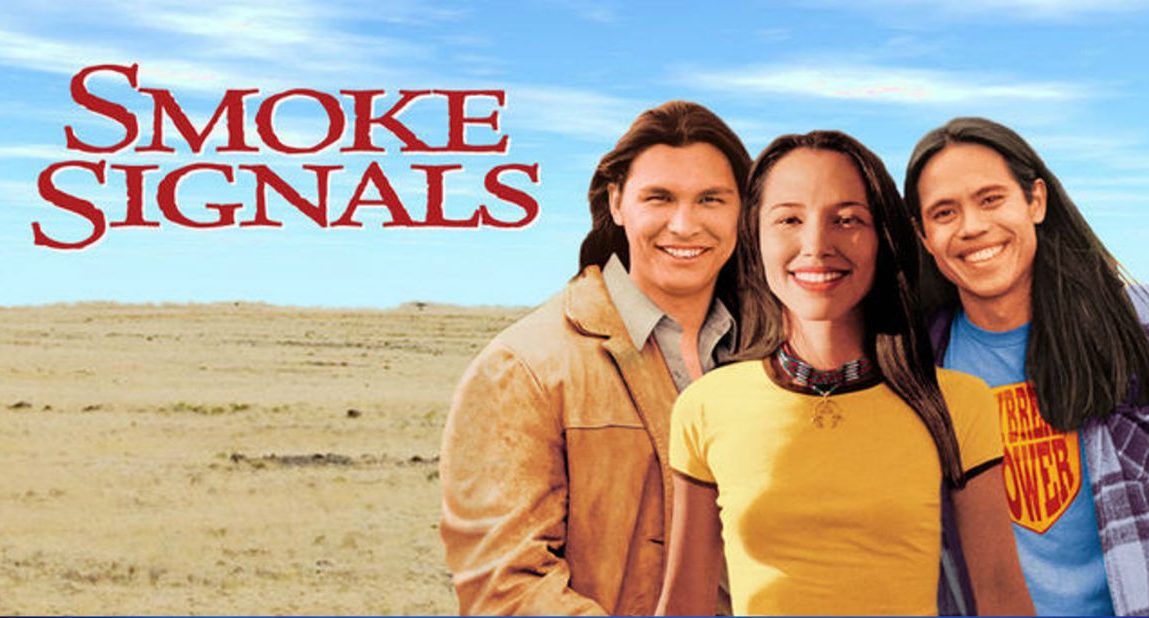NATCHITOCHES – Northwestern State University will celebrate Native American Heritage Month by screening a series of indigenous made films on Thursdays in November. Screenings will begin at 5 p.m. in the Cane River Room of the Student Union. The screenings are free and open to the public. Refreshments will be provided and discussion will follow each film.
“Smoke Signals,” the first native-written and -directed film to reach mainstream distribution, will be screened at 5 p.m. Thursday, Nov. 7. Two Couer d’Alene, Idaho, frenemies Thomas Builds the Fire and Victor Joseph take a road trip to recover Victor’s father’s ashes, reflecting on families, truth and modern indigeneity along the way.
“Rumble: The Indians Who Rocked the World” will be screened at 5 p.m. Thursday, Nov. 14. Do you think of American Indian influences when you think of rock music? This documentary looks at Native artists and the influences of Native music traditions from Link Wray to Jimi Hendrix, Jesse Ed Davis to Buffy Ste. Marie.
“Skins” will be screened at 5 p.m. Nov. 21. A Lakota tribal police officer takes the law into his own hands in this darkly humorous look at colonization, justice and communities.
Dr. Rebecca Riall, assistant professor in the Department of Criminal Justice, History and Social Sciences, initiated the Native American Film Series, which was a tradition at her alma mater that she wanted to carry to NSU.
“It is something that is fun for Native students, faculty and staff, but also a way to challenge stereotypes without putting people on guard and without adding to the constant pressure on Native people to perform culture in ways that outsiders recognize,” Riall said. “Often, when people who do not know or realize they know American Indian people in their daily lives think about Native portrayals in film, all they are familiar with is stereotypes that draw on a really limited image of Native people as all being Plains Nations and all living in the past and behaving in very limited ways. Films that are made by Native people really challenge it.”
Films selected for the series were all directed and written by Native people, Riall said. She worked with Dr. Pete Gregory, anthropologist, to select films and with Brittany Broussard, director of the Center for Inclusion and Diversity, in organizing the series.
“For the first year, we selected two well-loved older feature films and one that is a more recent documentary. In future years, if the attendance is good, we will show films around an annual theme,” she said.
“’Smoke Signals’ seemed like a good place to start because it really launched American Indian filmmaking with major distributors. Over the two decades since its release, American Indian filmmaking has moved into every genre and become a major way for us to tell our stories in our own voices. One thing I love about “Smoke Signals” is that, although you don’t have to be American Indian to relate to its themes, there are also a lot of references that feel like ‘home,’ particularly in the humor.”
The film series is sponsored by NSU’s Center for Inclusion and Diversity, the NSU anthropology program, the Department of Criminal Justice, History, and the Social Sciences and the pre-law and paralegal studies program. More information is available by contacting Riall at riallr@nsula.edu or (318) 357-6963.


